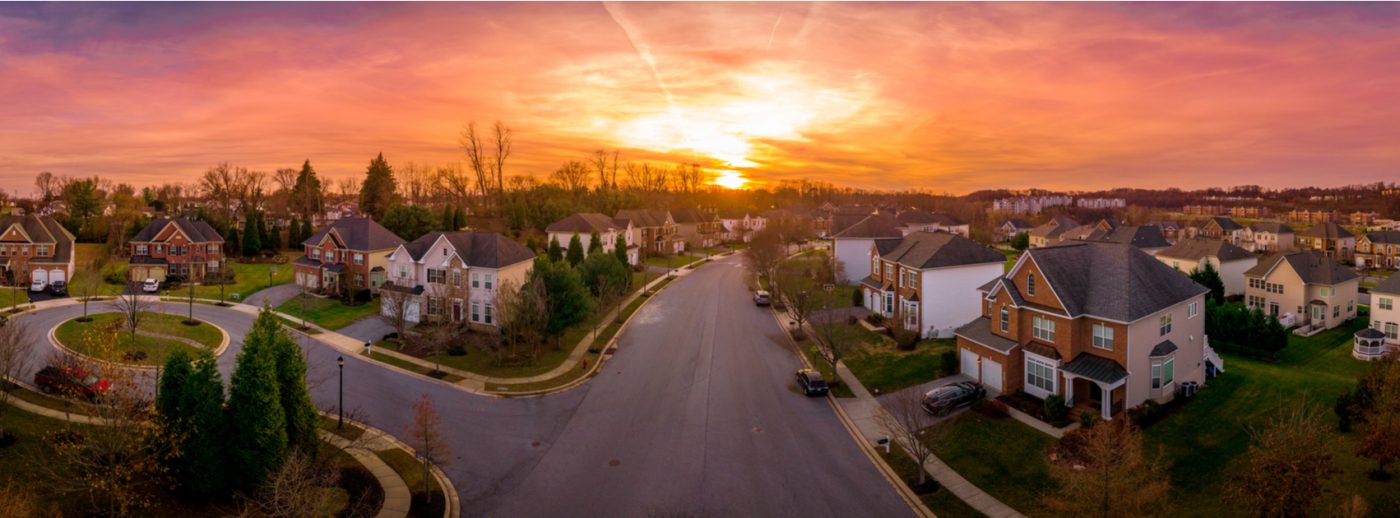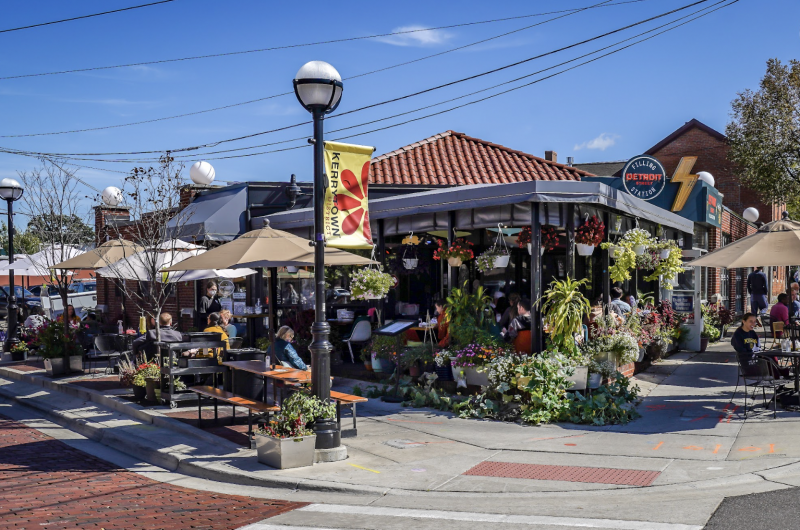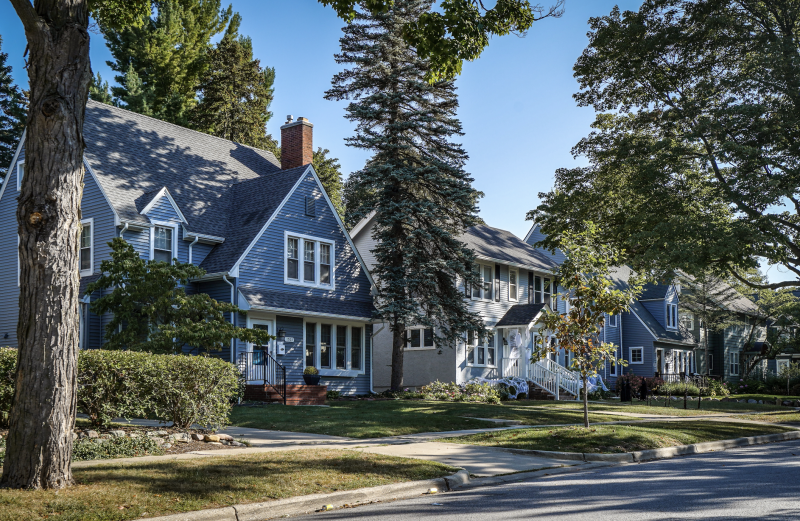All’s Good In The Neighborhood
Schools, crime, walkability, taxes, cost of living, HOA rules – there are many items to consider when relocating to an Ann Arbor Neighborhood. To determine which neighborhood is best for you, utilize thorough research and local experts. Be creative in your Ann Arbor neighborhood research and move somewhere that checks all your boxes.
Keep reading for resources and tools available to help evaluate a neighborhood and ensure it matches your style, making you feel safe, comfortable, and at home – The best Ann Arbor neighborhood for you.
Schools
Sites like Great Schools and School Digger provide quantitative insight into the student-to-teacher ratios, number of students, average test scores, etc. These are good, objective, and reliable data points. However, non-quantitative items should be considered too. For example – how do the teachers communicate with parents? What art and music offerings are there? There is no substitute for physically going to the school: talking to the administrator, sit in on a classroom – what defines a “good school” for one person may not work for another. And remember: don’t ignore your gut feeling. There is value in intuition!
Crime
Neighborhoodscout.com, crimemapping.com, offenderwatch.com, and your local government websites all provide crime data that will help you analyze the prevalence of crime, types of crime, and locations of crime in an area you are looking to live. This publicly available data will help you compare local communities and even specific neighborhoods before deciding to move there. You can also call your local police department and ask for crime statistics.
Neighborhood Reports
Through the Ann Arbor Board of Realtors MLS, your agent can send you a “neighborhood report” for a community where you may be interested in purchasing. These reports give accurate, detailed, and precise information based on publicly available records (census data, tax records, and surveys).
A neighborhood report provides valuable data points like the average age of the residents, the percentage of married adults, education level, mean annual household income, resident profession data, and the number of units rented out versus lived in by private owners.
Helpful Social Websites
Websites like Nextdoor, Yelp, Reddit, and Facebook allow you to connect with neighbors, learn about events, and share resources! Subscribe to neighborhood groups and ask questions. Remember – you must sort out the comments and make your own judgments.
Take A Walk In The Neighborhood
Take some time to explore the neighborhood before deciding to purchase. Eat at a nearby restaurant, take a long walk down the streets, and even talk to neighbors as you pass by. Keep in mind the aspects of a neighborhood important to you, and keep an eye out for them! Do people wave and say hi when you say hi? Are the yards kept up? Is there traffic noise? A dog park? Lots of swing sets in backyards? What about mosquitoes? Any strange smells?
Notice walkability – if you live on a single street that meets a busy road, you may find walking challenging without getting in the car and driving somewhere. If you have kids, they will have to be driven everywhere. A large neighborhood with lots of residential streets may allow kids to get around by walking and biking to activities. Are there bike lanes and sidewalks? An excellent way to gauge this is Walkscore.com, which will give you a score of 1-100 on different transportation metrics, including walking, biking, and public transportation.
These walks in the neighborhood can help you gain a firsthand, personal, and detailed understanding of what the community is like as a resident, which will inform you if the area fits your personality and lifestyle.
Talk to People Who Live in the Neighborhood
Knocking on a neighbor’s door can effectively teach who will live next door and discover all the neighborhood’s hot issues. While not for everyone, I have had clients do this and learn more than they expected!
Visiting and sitting in a neighborhood park is another way to meet local people that will have the inside scoop on neighborhood issues.
Choose A Realtor Who Knows Their Stuff
Choose a real estate agent who you are comfortable and compatible with. The best agents are trained listeners who ask the right questions. Choose an agent who invests in training that makes them better equipped to assist in meeting your needs. The best agents will have a systematic approach to buying a home you can trust. Overall, your real estate agent should be a local, trusted, and connected advocate that helps you make the most informed decision possible.













